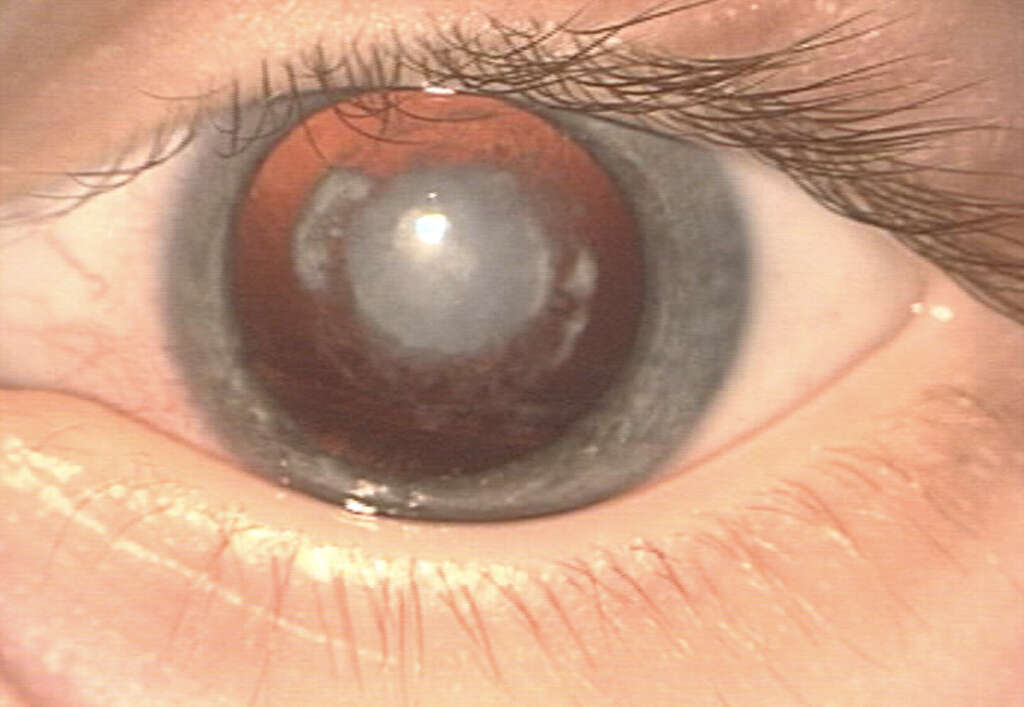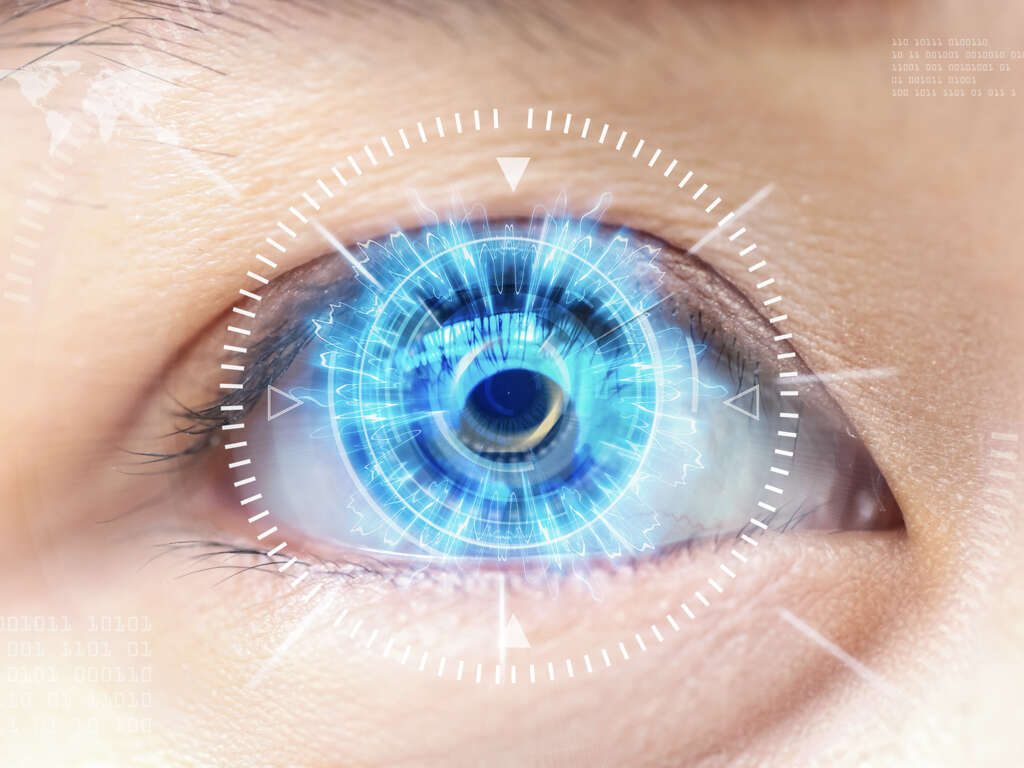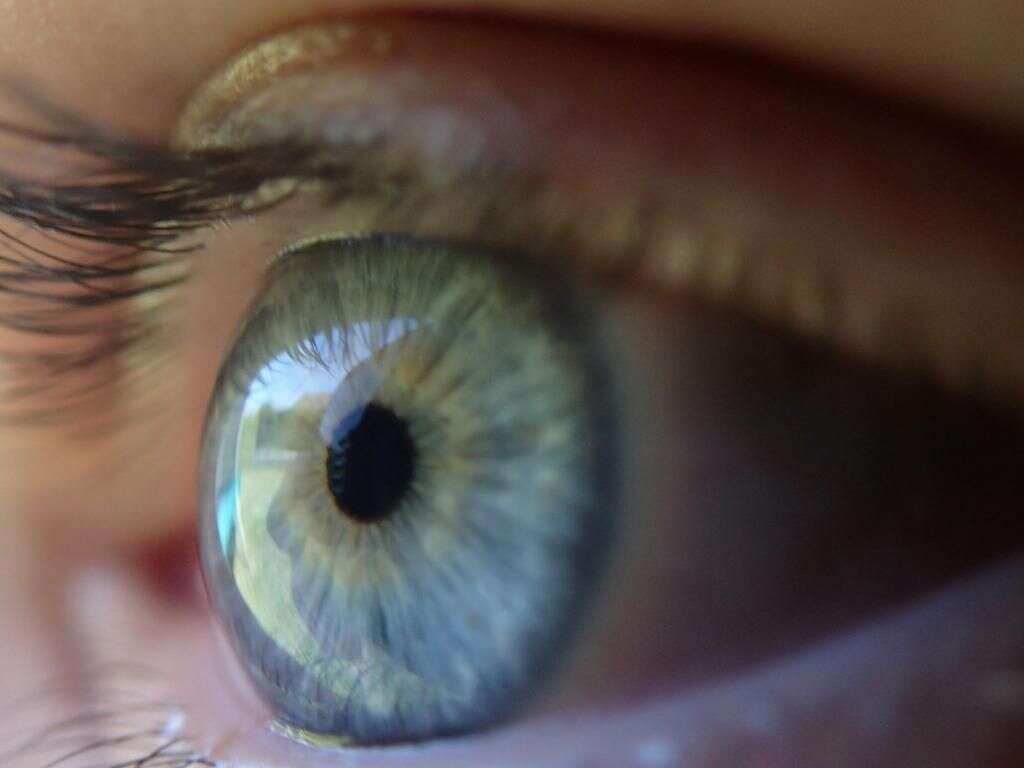What Are Cataracts?
4. Congenital Cataract
Congenital cataracts are cataracts that are diagnosed at birth. Congenital cataracts that affect one eye are generally a sporadic incident. They can be associated with abnormalities in the eye or intrauterine infections (i.e. rubella). Congenital cataracts that affect both eyes are often associated with other diseases and inherited. Infants with bilateral congenital cataracts require a full workup (genetic, infectious, systemic, and metabolic).
Common causes of bilateral congenital cataracts are trisomy (Patau, Edward, and Down syndrome), hypoglycemia (low blood sugar), infectious diseases (herpes simplex, toxoplasmosis, cytomegalovirus, rubella), and prematurity. The incidence is estimated to be 1.2 to 6 cases per 10,000 people in the United States. Infants with congenital cataracts may also have concurrent heart disease, deafness, kidney disease, and mental retardation.
Advertisement









